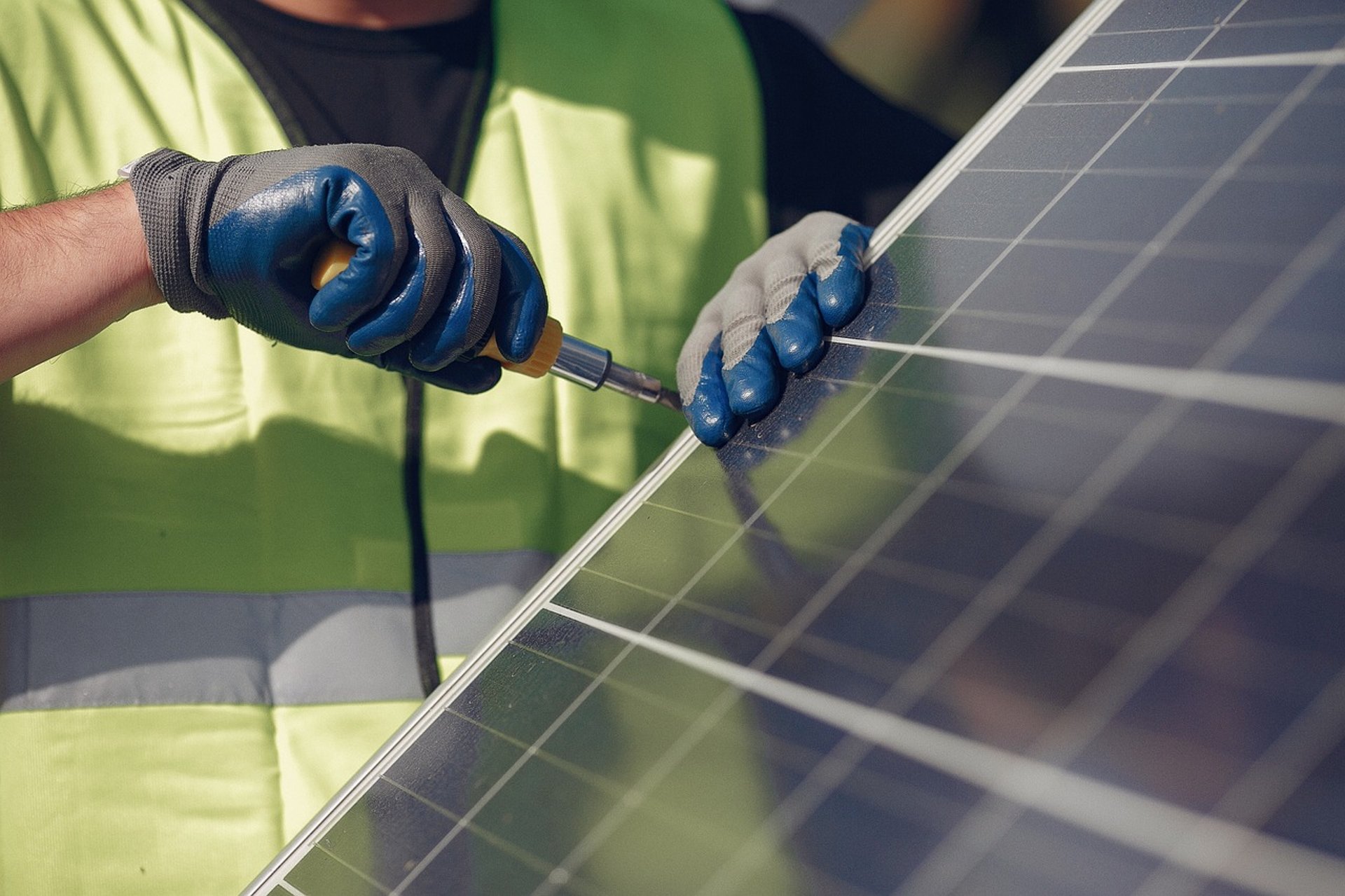
Engineering, Procurement, and Construction (EPC)
Engineering, Procurement, and Construction (EPC) services play a crucial role in the development of solar projects, ensuring their successful implementation from inception to completion. Here's an overview of the detailed EPC work involved in solar projects:
1. Feasibility Studies and Site Assessment:
Conducting comprehensive feasibility studies to evaluate the technical, economic, and environmental viability of the proposed solar project.
Site assessment to analyze factors such as solar irradiance, topography, soil conditions, access to infrastructure, and regulatory requirements.


2. Design and Engineering:
Developing detailed engineering designs for the solar photovoltaic (PV) system, including layout, electrical and mechanical components, mounting structures, and interconnection with the grid.
Optimizing the design to maximize energy output, minimize shading losses, and ensure safety, reliability, and compliance with relevant standards and regulations.
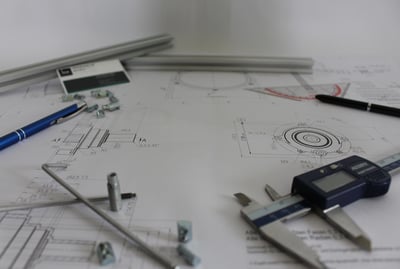

3. Procurement and Supply Chain Management:
Procuring solar PV modules, inverters, mounting structures, tracking systems, cables, transformers, and other balance-of-system components from reputable suppliers.
Managing the supply chain to ensure timely delivery, quality control, and cost-effectiveness of materials and equipment.
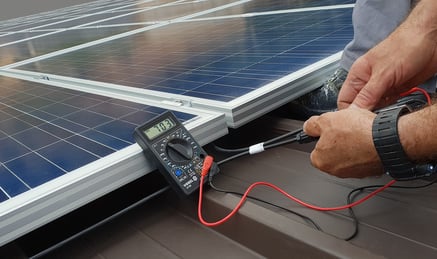

4. Construction and Installation:
Clearing and preparing the site for construction activities, including grading, excavation, and installation of fencing and access roads.
Installing solar PV modules, mounting structures, inverters, transformers, combiner boxes, and other components according to the engineering design and manufacturer specifications.
Commissioning and testing of the solar PV system to ensure proper functionality, performance, and compliance with safety and quality standards.
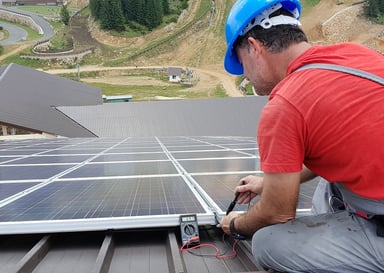

5. Electrical and Grid Interconnection:
Installing electrical wiring, cables, and conduits to connect the solar PV array to the inverters, transformers, and grid connection point.
Performing grid interconnection studies and obtaining necessary permits, approvals, and agreements from utility companies and regulatory authorities.
Testing and commissioning of grid interconnection systems to ensure seamless integration with the electrical grid and compliance with grid codes and standards.
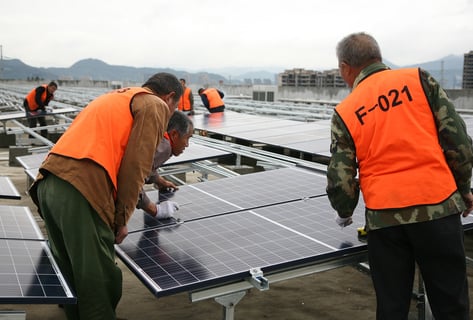

6. Operation and Maintenance (O&M) Planning:
Developing O&M plans and schedules outlining routine maintenance activities, inspections, cleaning, and repairs to optimize the performance and longevity of the solar PV system.
Training personnel and providing documentation and support to the project owner/operator for ongoing operation and maintenance activities.
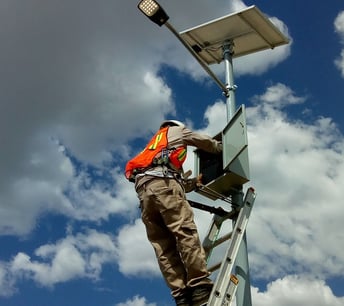

7. Health, Safety, and Environmental (HSE) Management:
By effectively managing each stage of the EPC process, solar project Implementing HSE policies, procedures, and practices to ensure a safe working environment for workers and compliance with environmental regulations and best practices.
Conducting risk assessments, safety training, emergency preparedness, and environmental monitoring throughout the project lifecycle.
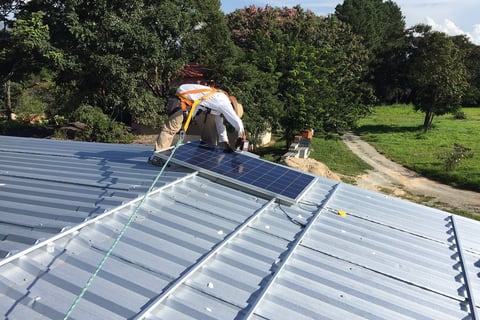

The developers can deliver high-quality, reliable, and cost-effective solar energy solutions that contribute to the transition to clean and sustainable energy sources.
Location
102, VISTA-2 BLDG, LBS MARG, GHATKOPAR (W), Mumbai, Mumbai, Mumbai, Maharashtra
Contacts
+91 97690 02154 lightpathventures@gmail.com


